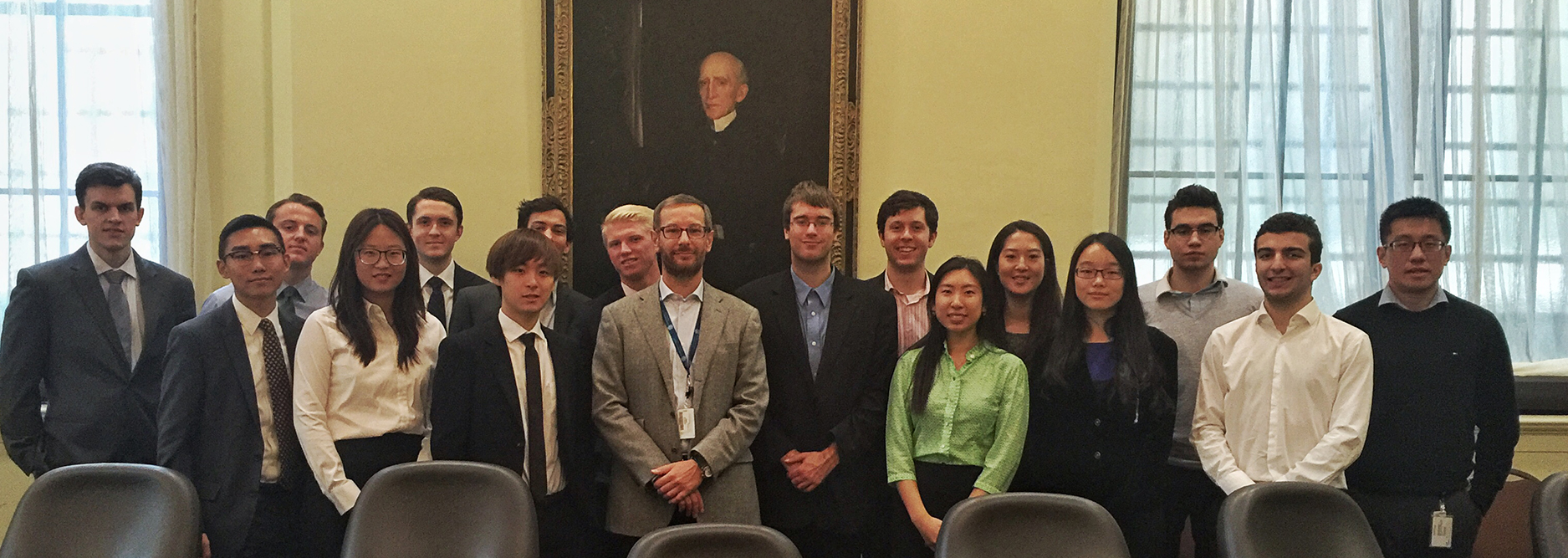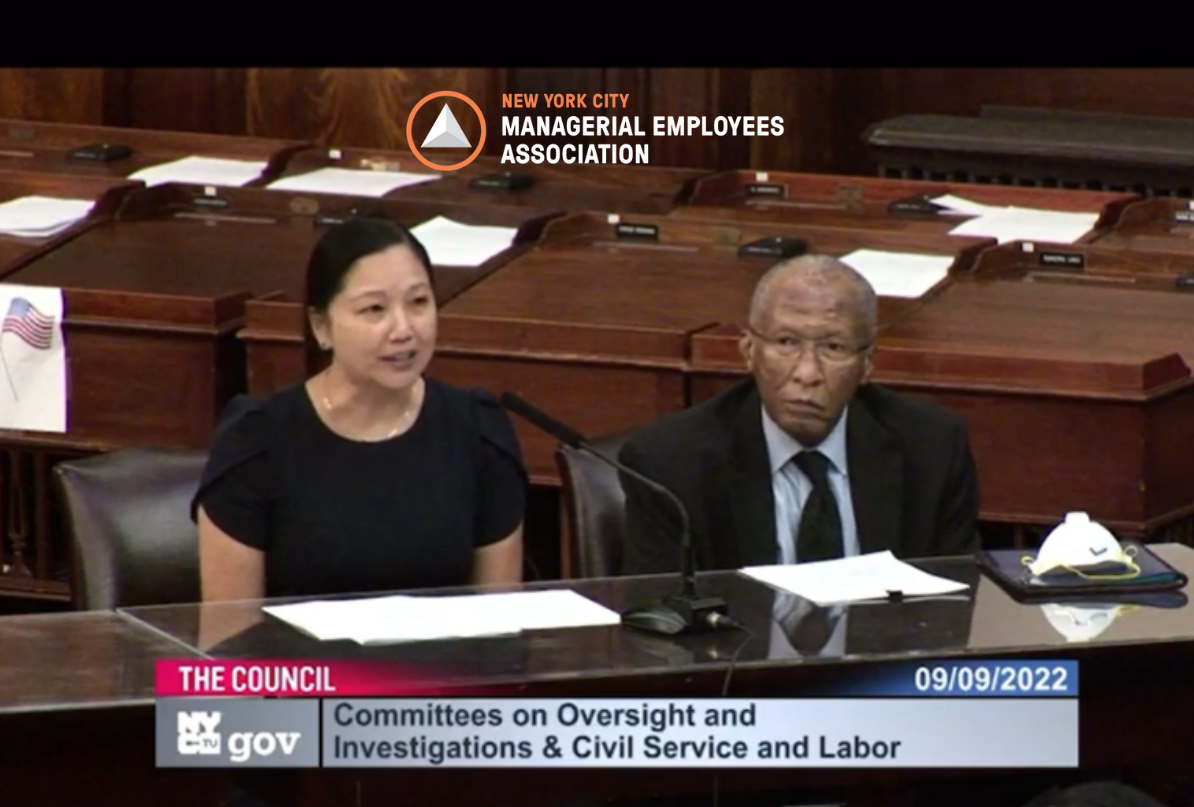
Employees may object to social media restrictions for a few reasons:
#LOOKTHROUGH NYC EMPLOYEES PROFESSIONAL#
They believe that it threatens free speech and crosses the line between personal and professional lives. There are some who oppose employers looking at employee social media accounts. Is it Ethical for an Employer to Monitor Employee Social Media Posts? They should then delete any questionable posts, photos, and comments. Before filling out an online application or going to an interview, anyone seeking a new job should do an online search to see what their possible future employer can find about them. They are likely to weed out individuals whose social media activity does not align with the image the company wants to project. With a few clicks, they have access to an applicant’s public online presence. Today, employers check more than a resume when they vet a prospective employee. Will a Prospective Employer Check My Social Media? To ensure a social media policy is effective, an employer must continue to educate staff on its importance and enforce violations as they occur. Protection of confidential information: A corporate social media policy helps prevent employees from disclosing new products, trade secrets, and other proprietary information.Ī social media policy addressing these issues can reduce questionable online activity and the need for time-consuming and costly litigation.Clear and concise stipulations: Language about social media posts on and off the clock should be easy to understand and to the point, as well as related to the business.Compliance with state and federal laws: Social media restrictions cannot violate personal privacy laws or be discriminatory in any way.Some of the elements of an effective employee social media policy include: Many companies require new hires to consent to a social media policy before they start. How can I Avoid Getting in Trouble at Work for My Social Media Account?Ī formal social media policy is the simplest way to avoid pitfalls. Workers who vent about their employer online may unwittingly be sharing proprietary information with competitors in blatant violation of basic non-disclosure policies. Disclosure of Confidential Information: Social media can be a place where employees knowingly, or unknowingly, reveal trademark information about their workplace.The company responded publicly, stating the photos did not represent their commitment to providing a clean and safe space for the public. Back in 2017, an employee of a well-known fast-food chain was fired for tweeting photos of a filthy drip tray from the restaurant’s ice cream machine, along with photos of the floor that appeared to be covered in dirt, trash, and food. Damages Company Reputation: Some people are terminated because their social media activity damages their company’s brand.Those 40 minutes multiplied among a team of people equates to a significant loss in productivity. The average employee spends around 40 minutes per day on social media, along with designated lunch and rest breaks. While social media could provide a needed mental break, it can also be a significant distraction.


Reduces Productivity: In the PEW study, 77 percent of workers admitted to checking social media during the workday.The following are common problems associated with employee social media posts: That is why there is such a gray area when it comes to determining when online content conflicts with an employer’s message and when that content is protected as free speech. In the overall history of the internet, social media platforms are still relatively new. Why Might an Employer Have a Problem with My Social Media Activity? While posts occur on personal social media accounts, their employers found they may reflect negatively on their respective workplaces. Social media users who post for personal reasons may not realize that their posts could get them in trouble at work. More than 30 percent said their employer had guidelines for how employees present themselves online.

They also have the right to discipline or even fire a worker whose social media activity violates company policies.Īccording to a PEW Research study, more than half of those surveyed said their employer had specific policies for social media use at work. Employers have the right to check the social media accounts of prospective and current employees. Most people use social media on a regular basis for entertainment, business, or staying in touch with friends and family, but the photos, comments, and posts they assume to be personal may cause problems for them at work.


 0 kommentar(er)
0 kommentar(er)
